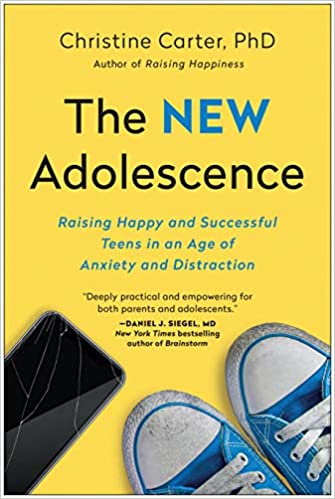 To support boys in our classrooms, Michael Reichert, a clinical psychologist and author of “How to Raise a Boy: The Power of Connection to Build Good Men” points to one robust, consistent finding from his 30 years of research: boys are relational learners. They learn best in the context of strong, supportive relationships.
To support boys in our classrooms, Michael Reichert, a clinical psychologist and author of “How to Raise a Boy: The Power of Connection to Build Good Men” points to one robust, consistent finding from his 30 years of research: boys are relational learners. They learn best in the context of strong, supportive relationships.
In one study, Reichert and his team gathered data from 2,500 teachers and students in six different countries. He asked the boys and their teachers one simple question: “What’s worked?” For teachers, what has worked to help you reach boys? For boys, what have teachers done that has worked to support your learning and engagement? When the researchers coded the data, a couple of themes emerged.
First, effective teachers used strategies to capture boys’ attention and then carried that energy into the lesson. The strongest teachers entered into a relationship with the class, using feedback from students to refine the lesson until it worked.
But another dominant theme came from the boys themselves. “In the survey, we said, ‘Please don’t mention names or provide identifying information,’ ” says Reichert, but the boys ignored those instructions and described teachers’ personalities in detail. They cared about the relationships they had with teachers.
Healing Relationship Breakdowns
If relationships are central to engaging boys in academics, then teachers need tools for healing inevitable “relational breakdowns.”
Reichert’s research found that, for boys, these relational breakdowns with teachers were highly consequential, causing them to construct self-concepts around failure and to turn off from certain subjects or school altogether.
Creating a System of Support
Parenting Emotionally Resilient Boys
The most basic way to support boys’ emotional and character development is also the simplest: listen to them. “Listening is the most important tool parents have for building boys’ resilience,” says Reichert.
When parents open up space for boys to talk, they can nurture a healthier range of emotional expression. “Establish with your son that you are interested in him,” says Reichert. “Yesterday, for what duration did you listen to your son? Not correcting him, listening. Often we are simply not very good at it because no one listened to us much.”
Excerpted from “How Strengthening Relationships with Boys Can Help Them Learn” in KQED’s MindShift. Read the full story.
Source: MindShift | How Strengthening Relationships with Boys Can Help Them Learn, https://www.kqed.org/mindshift/54878/how-strengthening-relationships-with-boys-can-help-them-learn | Copyright © 2020 KQED INC
Care Coordinators can arrange a free 30 minute Care Consultation so you can explore options with an expert. We invite you to call or email our Care Coordinators at 650.688.3625 or careteam@chconline.org to set up an initial Parent Consultation appointment.
This resource is filed under:





